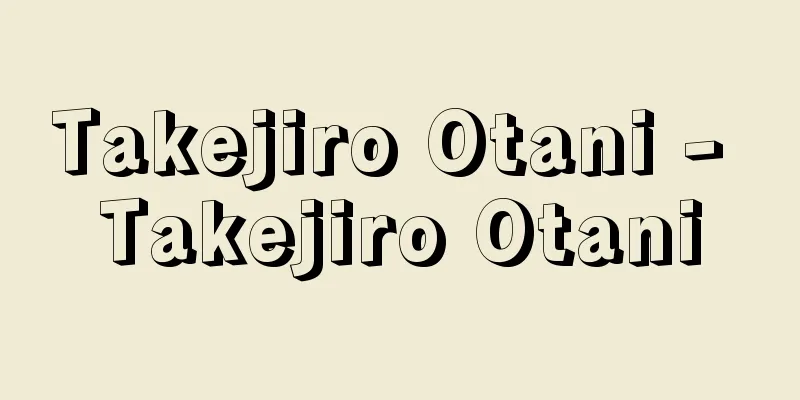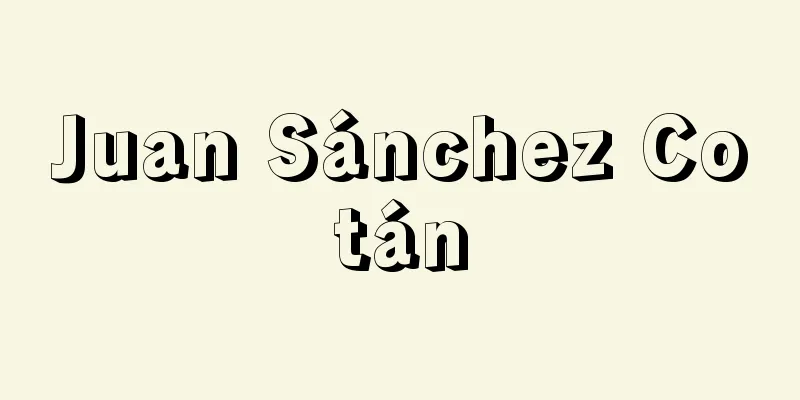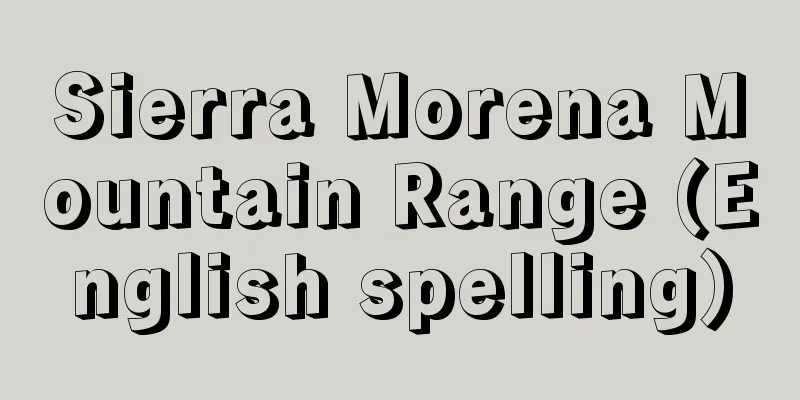Party politics - party government

|
In the narrow sense, it is a form of politics in which one or more political parties that control a majority in parliament form and take charge of the government (single-party government, coalition government). In the broad sense, it is a form of politics that is developed around political parties. It is a form of politics in which interactions between political parties take place at the levels of power (government), parliament, and elections, with the will of the people as a backdrop. Although modern politics differs in its operating style, it is generally party politics, and political parties support the fate of modern politics by fulfilling the following functions: (1) the function of aggregating interests, (2) the function of political supplementation, (3) the function of managing parliamentary politics, and (4) the function of taking charge of the government (governing function). The framework within which party politics unfolds is called a party system. Party systems can be classified into seven categories based on the number of parties, the relative size of each party, the distance between parties, the degree of empathy with ideology, the direction of the movement, the presence or absence of competition, and the number and location of axes of power change (G. Sartori). Party = national system: (1) One-party system (former Soviet Union, China), (2) Hegemonic party system (Poland, Mexico). Party political system: (3) One-party dominant party system (Japan after 1955, India), (4) Two-party system (UK, USA), (5) Moderate multi-party system (Germany, Sweden), (6) Polarized multi-party system (Weimar Germany, Italy), (7) Atomized party system (Malaysia). Party politics was born from the Industrial Revolution and the expansion of suffrage (the establishment of representative government). As a result of the struggle for universal suffrage, huge numbers of the masses entered the political process, and politics was required above all to be "responsive to public opinion." Political parties became established as intermediary devices connecting citizens with power, and they strengthened their own structures to increase their ability to gather votes (transforming into organized parties and externally oriented parties). 19th century Britain pioneered today's party politics. Because political parties hold the initiative in the political process, when the driving force behind them fails to modernize (modernize their organization, policies, and party finances), the "logic of numbers" and the "logic of forcing through votes" come to dominate politics, and it is easy for the country to fall into a money-driven, corrupt politics that is no longer able to respond to public opinion. [Nobuf Okazawa] Source: Shogakukan Encyclopedia Nipponica About Encyclopedia Nipponica Information | Legend |
|
狭義では、議会内多数派を制する一つもしくは二つ以上の政党が政権を形成・担当する政治(単独政権、連合政権)。広義では、政党を基軸にして展開される政治。権力(政権)、議会、選挙のレベルで市民意思を背景にした政党間相互作用が繰り広げられる政治。現代政治は、その作動スタイルに相違はあるが、おしなべて政党政治であり、政党は、〔1〕利益の集約機能、〔2〕政治的補充機能、〔3〕議会政治運営機能、〔4〕政権担当機能(統治機能)を遂行しながら、現代政治の運命を支えている。 政党政治が展開される枠組みを政党制という。政党制は、政党の数、各党の相対的規模、政党間距離、イデオロギーへの感情移入度、運動の方向、競合の存・否、政権交代軸の数と位置を基準に、七カテゴリーに分類できる(G・サルトーリ)。政党=国家システム 〔1〕一党制(旧ソ連、中国)、〔2〕ヘゲモニー政党制(ポーランド、メキシコ)。政党政治システム 〔3〕一党優位政党制(1955年以後の日本、インド)、〔4〕二党制(イギリス、アメリカ)、〔5〕穏健な多党制(ドイツ、スウェーデン)、〔6〕分極的多党制(ワイマール・ドイツ、イタリア)、〔7〕原子化政党制(マレーシア)。 政党政治を生み出したものは、産業革命と選挙権拡大(代議政治の確立)であった。普通選挙権闘争の結果、政治過程に膨大な大衆が参入したとき、政治はなによりも「民意への対応力」が要請されることになった。政党は市民と権力を連結する媒介装置として定着し、集票能力を高めるために自らを構造強化した(組織政党・外部指向政党への脱皮)。19世紀のイギリスが今日の政党政治を先導した。 政党が政治過程の主導権を握る政治であるため、駆動力たる政党が近代化(組織の近代化、政策の近代化、党財政の近代化)に失敗したときには、「数の論理」「強行採決の論理」が政治を支配し、民意対応力を喪失した金権腐敗政治に転落しやすい。 [岡沢憲芙] 出典 小学館 日本大百科全書(ニッポニカ)日本大百科全書(ニッポニカ)について 情報 | 凡例 |
<<: Sedo politics - Sedo politics
Recommend
Yellow-brown ant - Yellow-brown ant
An insect belonging to the family Formicidae in t...
Akiha Dam
Located in the Tatsuyamacho area of Tenryu Ward...
Nuclear force
This is the force that acts between nucleons (the...
Ume no Yoshibee - Ume no Yoshibee
The name of a character in Kabuki and Joruri, and...
Radiation therapy
Also called radiation therapy. A treatment method ...
Supung Dam - Supung Dam
A concrete gravity dam built by Japan in the middl...
Unemegahara
A place name in Edo. It was named after the reside...
Pulse amplitude modulation
…Part of APK is also called QAM (quadrature ampli...
Sundman, KF
...This result suggested that even if a new integ...
Kamiichi
A district of Yoshino-cho, Yoshino-gun, central N...
Congo Red
〘Noun〙 (Congo red)⸨Congo red⸩ An azo dye synthesiz...
Machine silk reeling
…Reeling silk has twice the labor productivity of...
Hallgrímur Pétursson
1614‐74 Icelandic pastor and religious poet. He we...
Strong City
Hard selling. See the entry for 'Strong' i...
Landschaftsheim
… [Human development in boarding schools] In scho...









